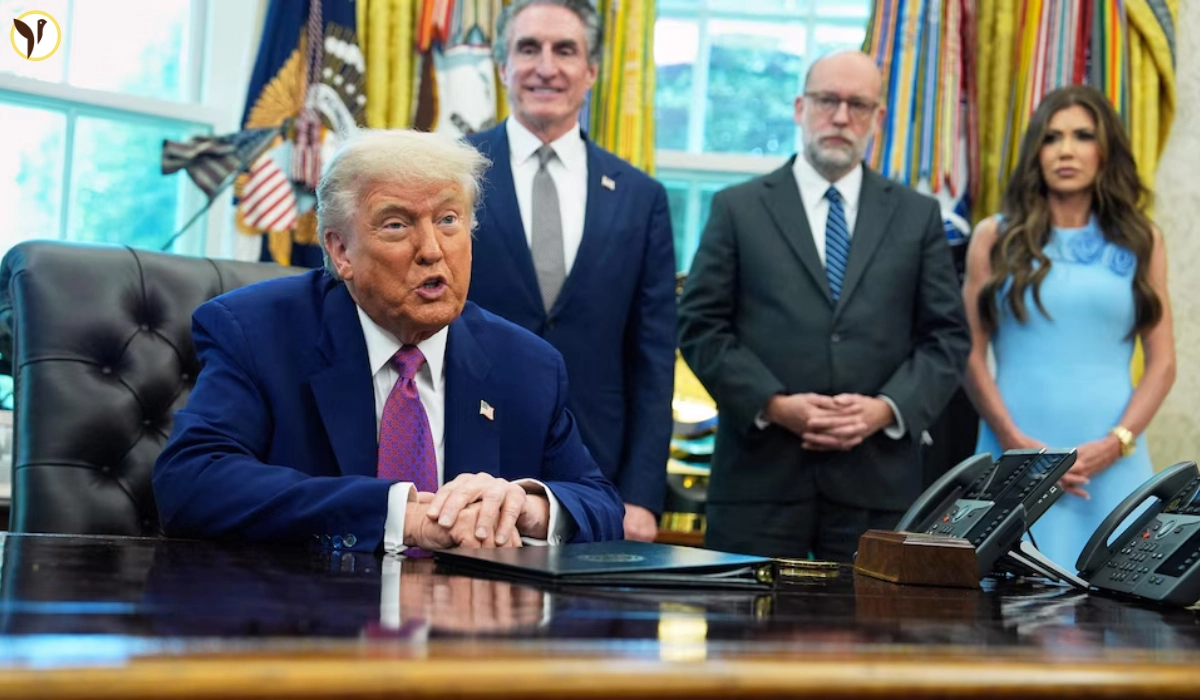The Trump Administration hs filed a lawsuit against the City of Los Angeles and Mayor Karen Bass, along with the City Council, for its immigration sanctuary city polciy.
The lawsuit states that the City's law prohibits its local law enforcement and agencies from cooperating and communicating with federal immigration authorities.
The Administration alleges that the City policy impairs local police capacity to assist in federal detention/removal of undocumented individuals by sharing information or cooperating with federal efforts.
Federal officials claim this policy violates the Supremacy Clause of the U.S. Constitution, which makes no local or state law superior to federal law. The Justice Department, filed the lawsuit, argues that the policy has led to city unrest that caused the Governor to request that the National Guard and Marines be deployed.
Now, the Justice Department is requesting that the Court stop the City from enforcing its sanctuary policy and stop city officials from following a similar policy in the future.
For now, this case indicates a continued clash between the federal and local governments when it comes to immigration enforcement The lawsuits represents one of the most direct legal actions taken against a local city from the federal government, especially to a major city.
#BREAKINGNEWS: The Trump administration Monday sued the city of Los Angeles, Mayor Karen Bass and the City Council over L.A.'s so-called "sanctuary city" policies, alleging in federal court that the ordinance violates the Constitution by "thwarting" immigration enforcement.… pic.twitter.com/2t6XaEiiaB
— ABC7 Eyewitness News (@ABC7) June 30, 2025
Los Angeles Leaders Defend Policy and Push Back Against Lawsuit
Officials with the City of Los Angeles have strongly defended the city’s sanctuary policy, asserting that it promotes the safety of immigrant communities and does not violate federal law.
Mayor Karen Bass and City Council members state that if local police were to play the role of agents of immigration detention and deportation, they would destroy any confidence in law enforcement, which would make neighborhoods less safe.
Councilmember Hugo Soto-Martínez referred to the lawsuit as a "political stunt" and persuaded that the Trump administration's attempt to punish immigrants would not go unnoticed.
City leaders indicated that they plan to fight the case vigorously in court and will stand behind the policies they believe are both legal and necessary.
Supporters of the policy emphasize that it is intended to incentivize all residents, regardless of immigration status, to report crimes and cooperate with police without fear of deportation or incarceration.
This case has the potential for national implications particularly for other cities with identically constructed policies. While legal arguments continue, the result of this case might provide significant information about the extent to which local governments can create their own subsequent policies impacting immigration.









